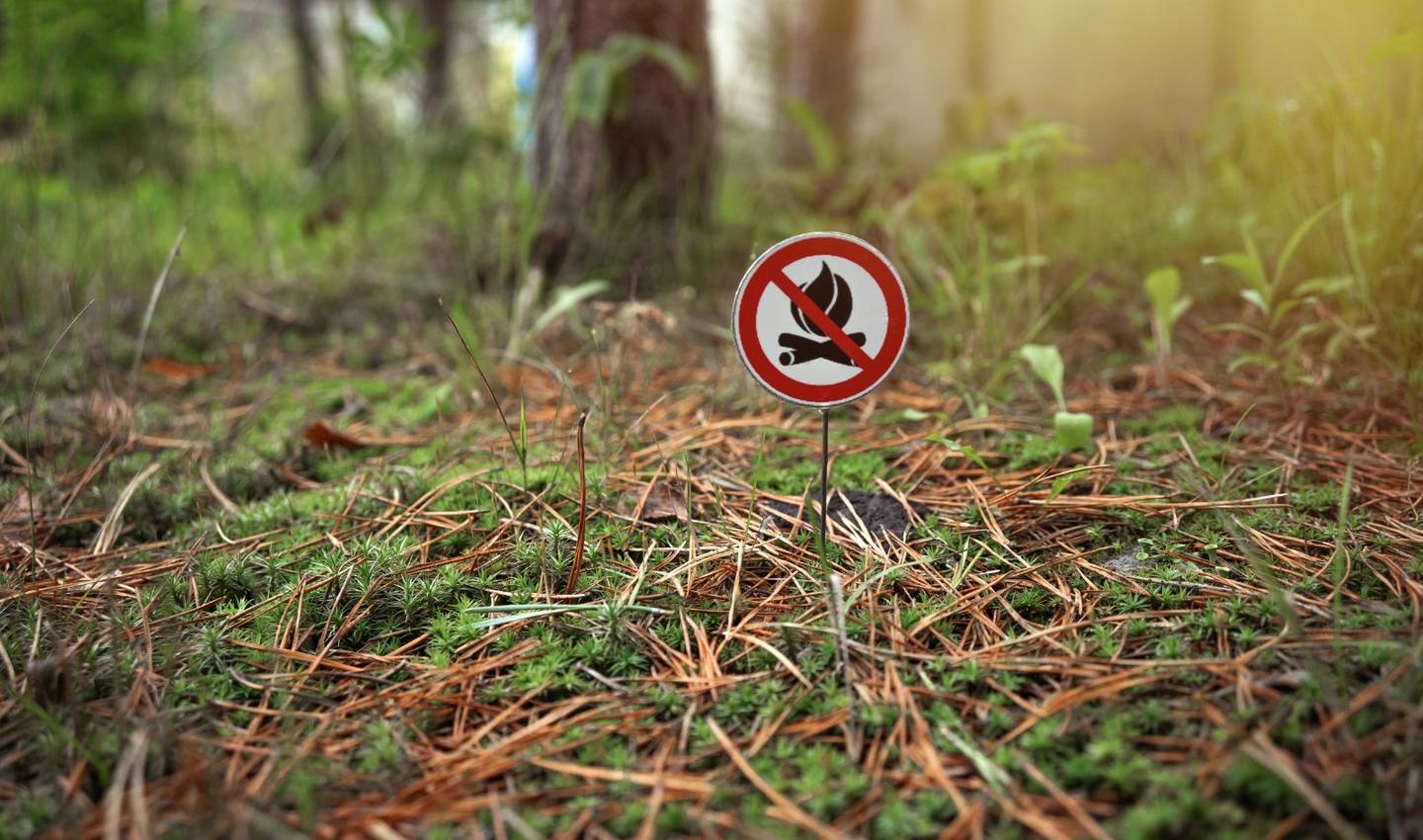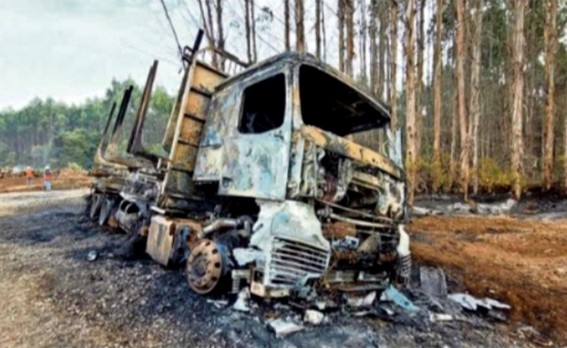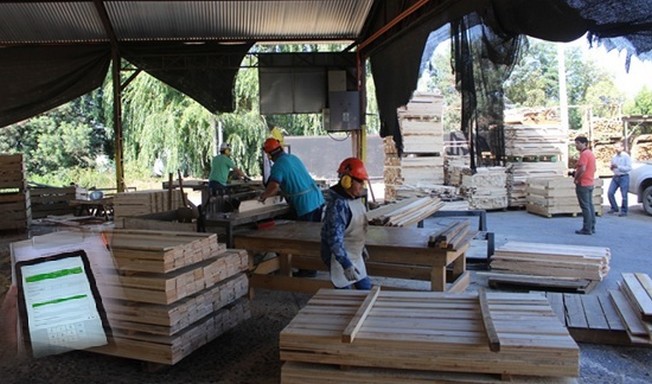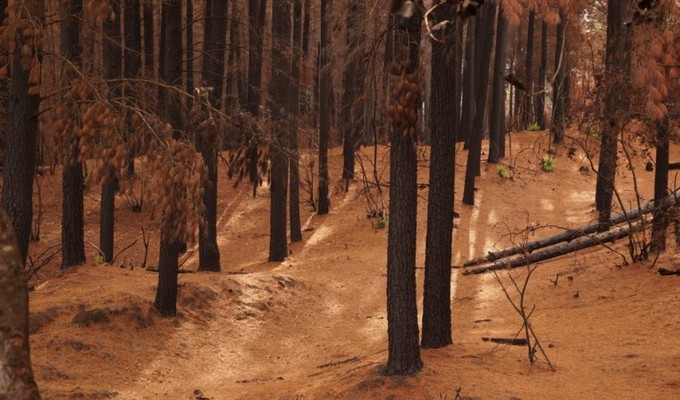Wildfires have consumed more than 50,000 hectares of forest across various areas of Patagonia in Argentina, in the southern part of the country, where some fires have remained active since December 2024, according to official sources reported this Monday.
The fires have affected several towns and two national parks in the southern provinces of Chubut, Río Negro, and Neuquén, destroying a total of 50,636 hectares of Andean forests. Hundreds of firefighters are battling the flames and patrolling the areas while waiting for the ground to cool.
According to official data, the Lanín National Park in Neuquén and the Nahuel Huapi National Park in Río Negro lost 23,844 and 12,072 hectares, respectively, where the fire remains active. Meanwhile, the town of El Bolsón lost 3,825 hectares to a fire that is now under control.
The latest report from the Forest Fire Prevention and Control Service (Splif) stated that they continue to monitor the affected areas and have a water-dropping plane on standby to douse zones at risk of reigniting.
With rising temperatures, 45% humidity, and forecasts of wind gusts up to 50 kilometers per hour, combined with drought conditions, authorities fear these factors could influence fire activity in some areas.
Delays in action against the Patagonian wildfires
Emergency services have managed to extinguish two fire outbreaks and contain four others in the Patagonian region.
Nearly two months after the wildfires began, the Argentine government announced the creation of a federal emergency agency that will centralize the responsibilities of twelve national bodies spread across different ministries.
Sources from Greenpeace Argentina told EFE that the aid from Javier Milei's government "arrived, but late" and emphasized that "reinforcements cannot be waited for" or "resources shuffled around" due to the multiple large-scale wildfires in different parts of the country.
"What's happening is that it's not enough. The climate crisis we're in requires much more infrastructure at the national and provincial levels. Our country is too vast for delayed assistance. The key is to attack fire outbreaks quickly," said Hernán Giardini, director of Greenpeace's Forest Campaign.
Source:BiobioChile







Comments (0)
No comments yet. Be the first to comment!
Leave a comment